Neton Vega – Chicha (English Translation) Lyrics
[Verse 1]
So many years have passed, I know you still remember
Of those exploits we lived out there
And it’s that in life I was brave, I liked to go on fire
I was brave with blood and rank
My father and my brother Martin are already here
Resting next to me, I couldn’t say goodbye
Well, things are like that, they betrayed, I lost her
What a lesson I gave them, I hope they learn from me
My brothers, Cinco and Lupe didn’t fail, always on target
Another one behind bars, but I know he’s there at a thousand
My tastes are racing, I was in shame in power
It was kept there, it hasn’t been seen passing by
And I was always a good friend and with someone who
Offered me his hand and yes, I gave them my respect
What really weighs on me, I won’t look back
To my boss in Culiacán, where I liked to go
[Interlude]
Compa Jeep
That’s what Neto sounds like, old man
[Verse 2]
One of the seven Chinese guys always carried me
With the cholo bearing like the neighborhood taught me
And although I was always upright, I also made enemies
If it was required, I also pulled the horn
Gold colored, I always had a vision
Also great support, the family provided it
But the special force has not fallen to date
I don’t think it will change, the active company is
Chicha by Neton Vega
“Chicha” is a poignant track by Neton Vega from the album “Mi Vida Mi Muerte,” released in 2023. The song encapsulates a deep sense of nostalgia and reflection on life’s struggles, particularly focusing on family and friendships.
Quick summary
The song explores themes of nostalgia, loss, and resilience, as the narrator reflects on past experiences, the impact of betrayal, and the importance of loyalty among friends and family.
In-depth lyrics analysis
The lyrics of “Chicha” are rich with personal anecdotes and emotional depth. The opening lines, “Tantos años han pasado, sé que todavía se acuerdan / De aquellas hazañas que vivimos por ahí,” set the tone for a reflective journey through the narrator’s past. Here, the narrator acknowledges the passage of time and the memories shared with friends and family, suggesting a longing for those moments that have shaped his identity.
As the song progresses, the narrator reveals a sense of loss, particularly regarding family members who have passed away. The lines, “Mi apá y mi hermano Martín ya se encuentran por aquí / Descansando junto a mí, no me pude despedir,” convey a profound sorrow for not being able to say goodbye, highlighting the emotional weight of familial bonds and the pain of separation. This sentiment resonates deeply, as it reflects a universal experience of grief and the longing for connection with loved ones.
The theme of betrayal emerges as the narrator reflects on the lessons learned from life’s challenges. The line, “Vaya lección que les di, espero aprendan de mí,” suggests that the narrator has faced betrayal, possibly from friends or associates, and hopes that others can learn from his experiences. This acknowledgment of betrayal adds a layer of complexity to the narrative, illustrating the harsh realities of life and the importance of loyalty.
The song also touches on the narrator’s identity and lifestyle, with references to his upbringing and the influence of his environment. The mention of being “aguerrido” and having a “porte cholo” indicates a strong connection to his roots and the culture that has shaped him. The line, “Y aunque siempre fui derecho, también me hice de enemigos,” reveals the duality of his character—while he strives to be honorable, he acknowledges the necessity of defending himself in a challenging world.
Furthermore, the narrator expresses pride in his family and the support they provide, as seen in the lines, “También un gran respaldo, la familia lo brindó.” This highlights the importance of familial ties and the strength derived from them, reinforcing the idea that despite life’s adversities, the bonds of family and friendship remain a source of resilience.
The closing lines reflect a sense of acceptance regarding the ongoing struggles in life, with the narrator stating, “No creo que vaya a cambiar, la empresa activa está.” This suggests a recognition that challenges are a constant in life, yet there is a determination to persevere and remain active in the face of adversity. Overall, “Chicha” serves as a powerful reflection on the complexities of life, the significance of relationships, and the enduring spirit of resilience.

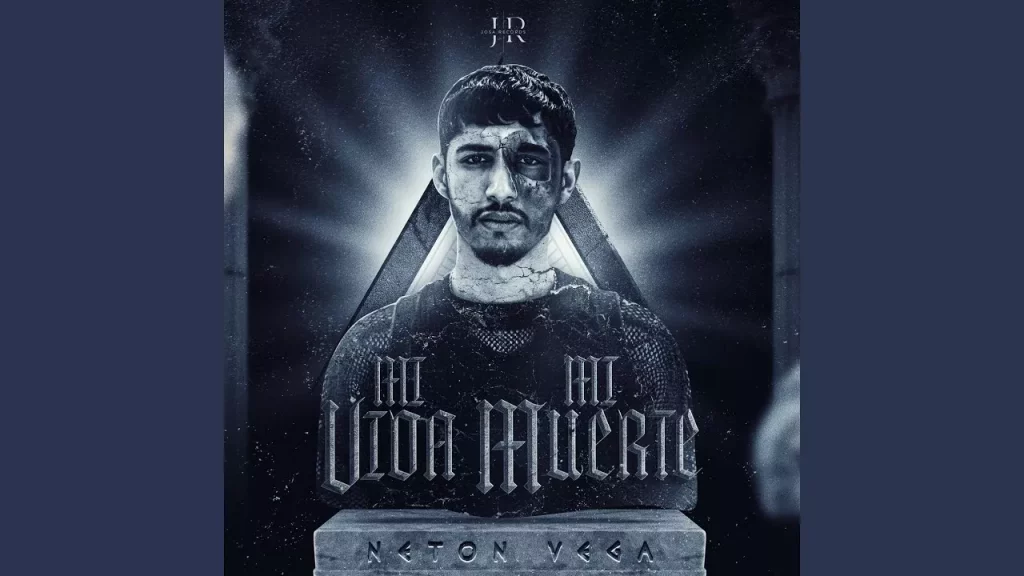










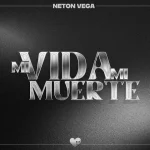
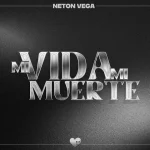
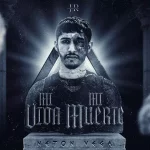
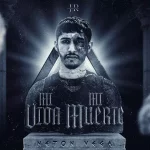
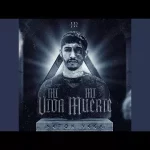
Leave a Reply